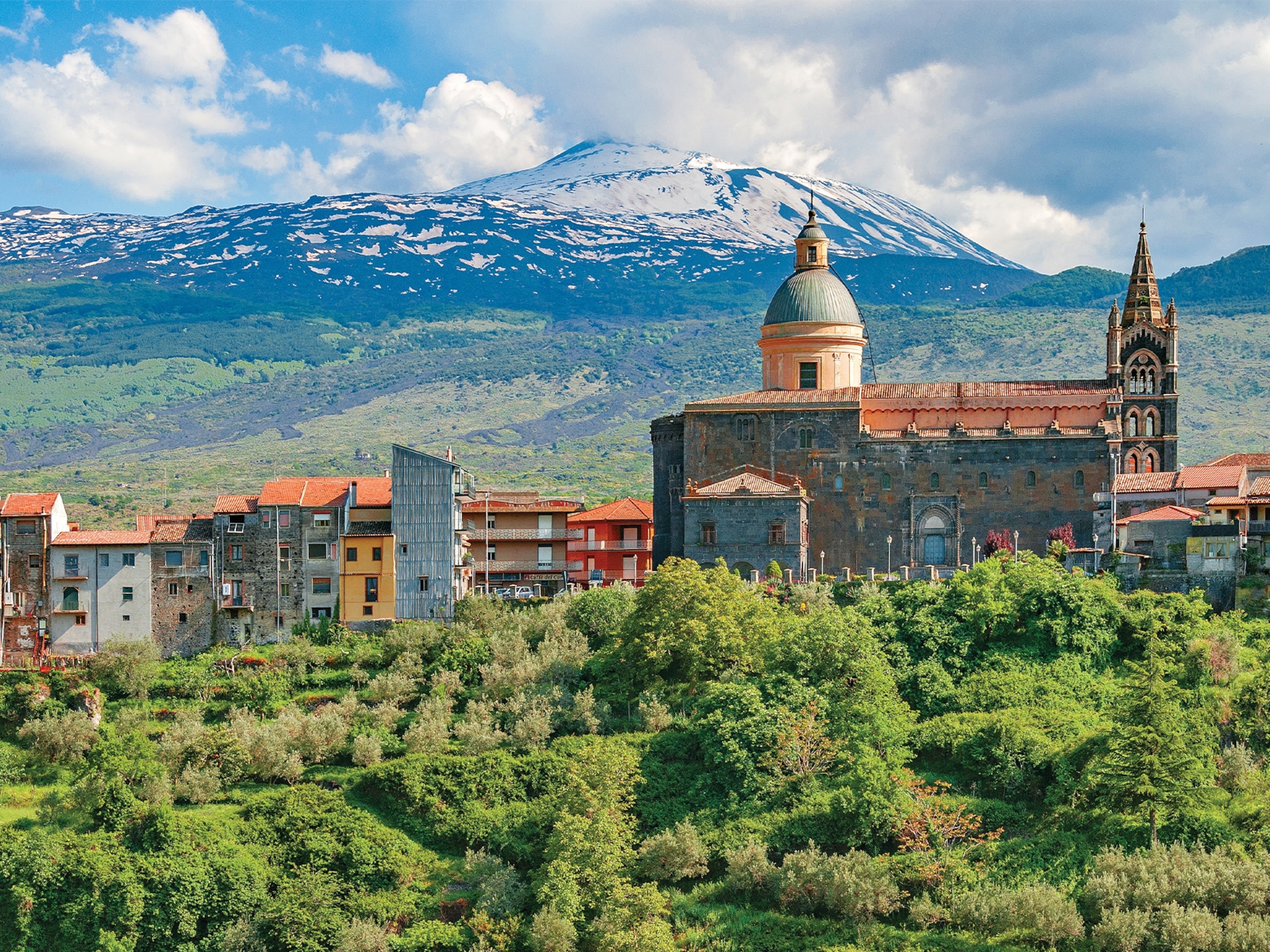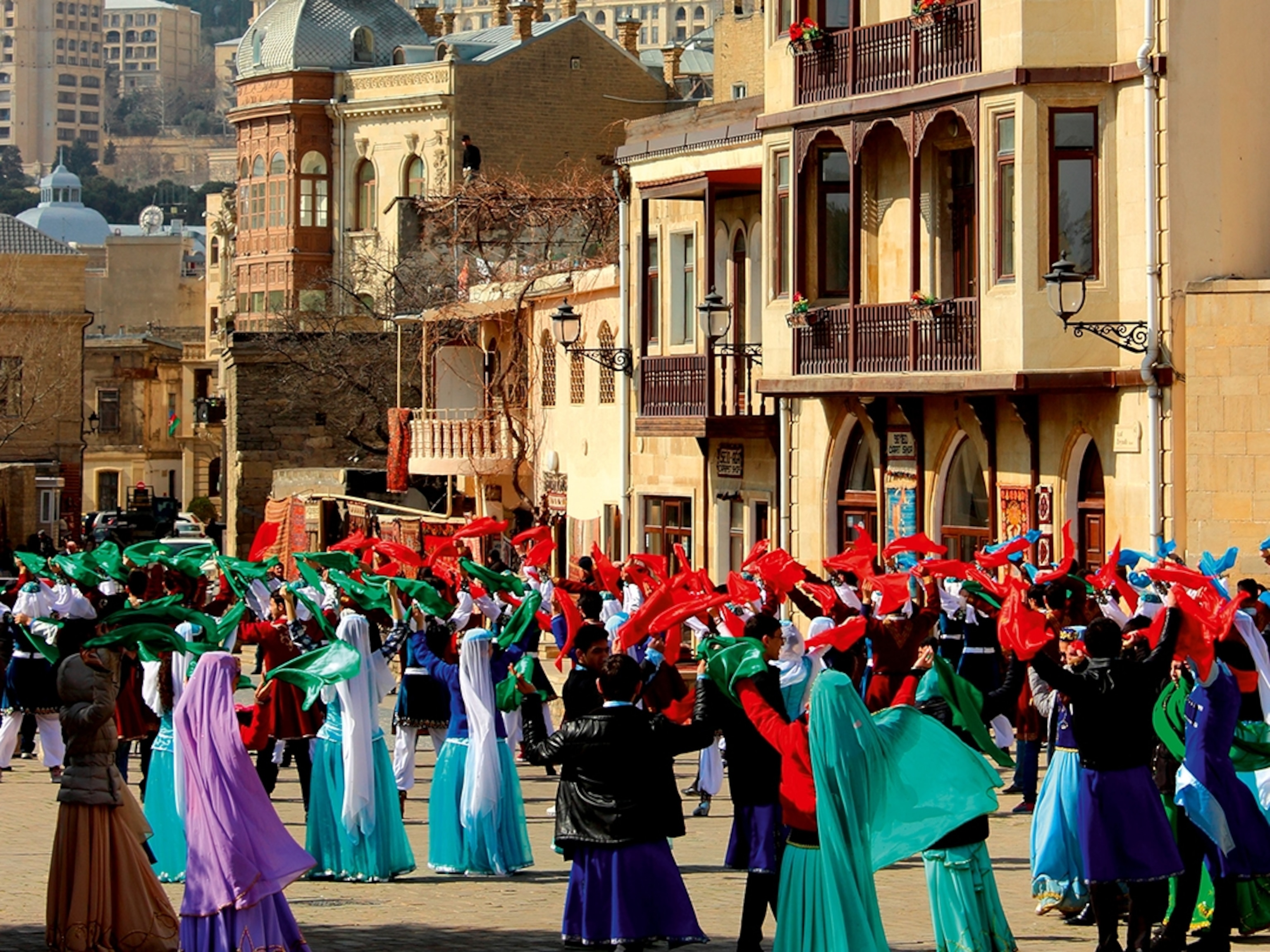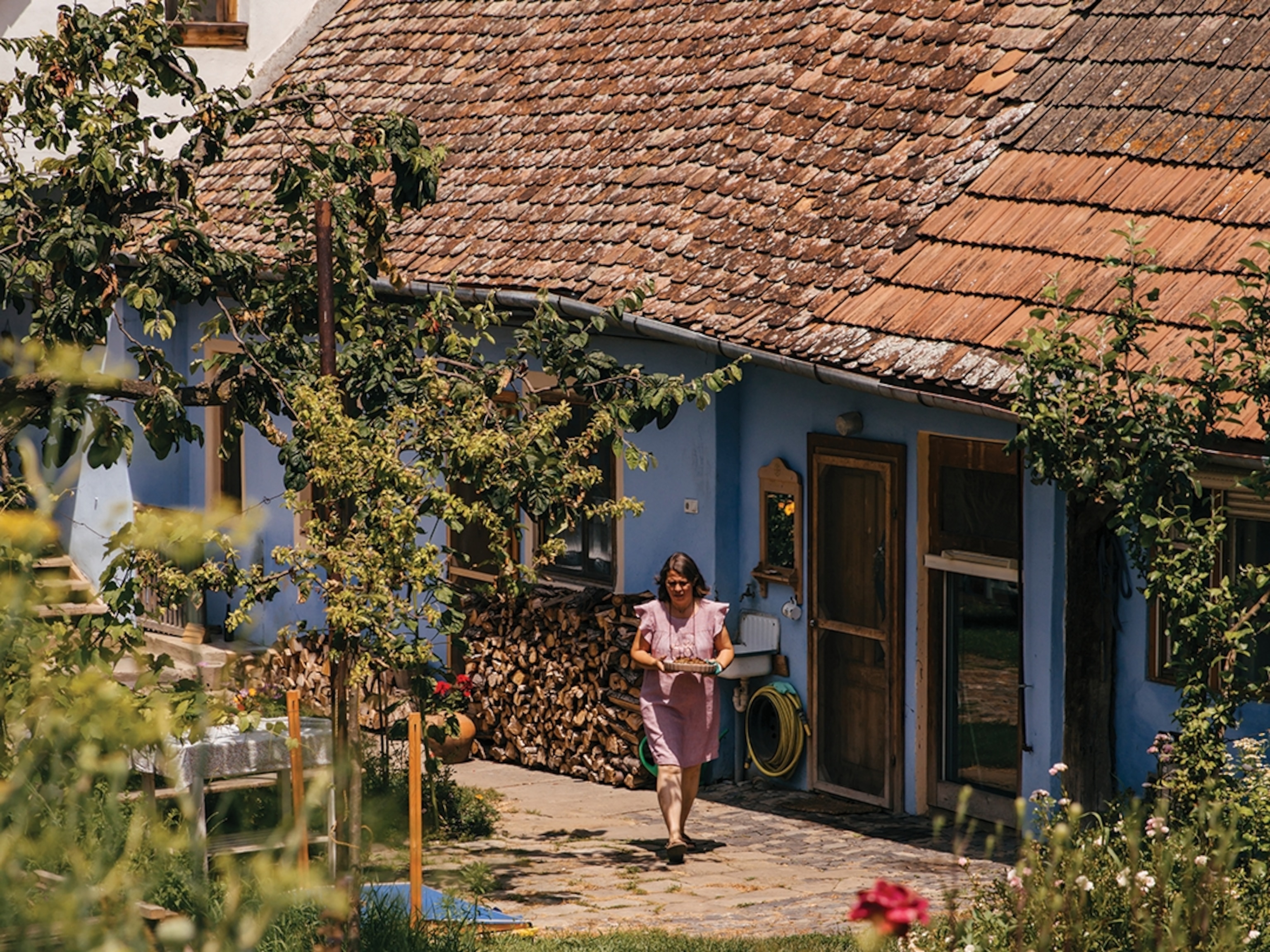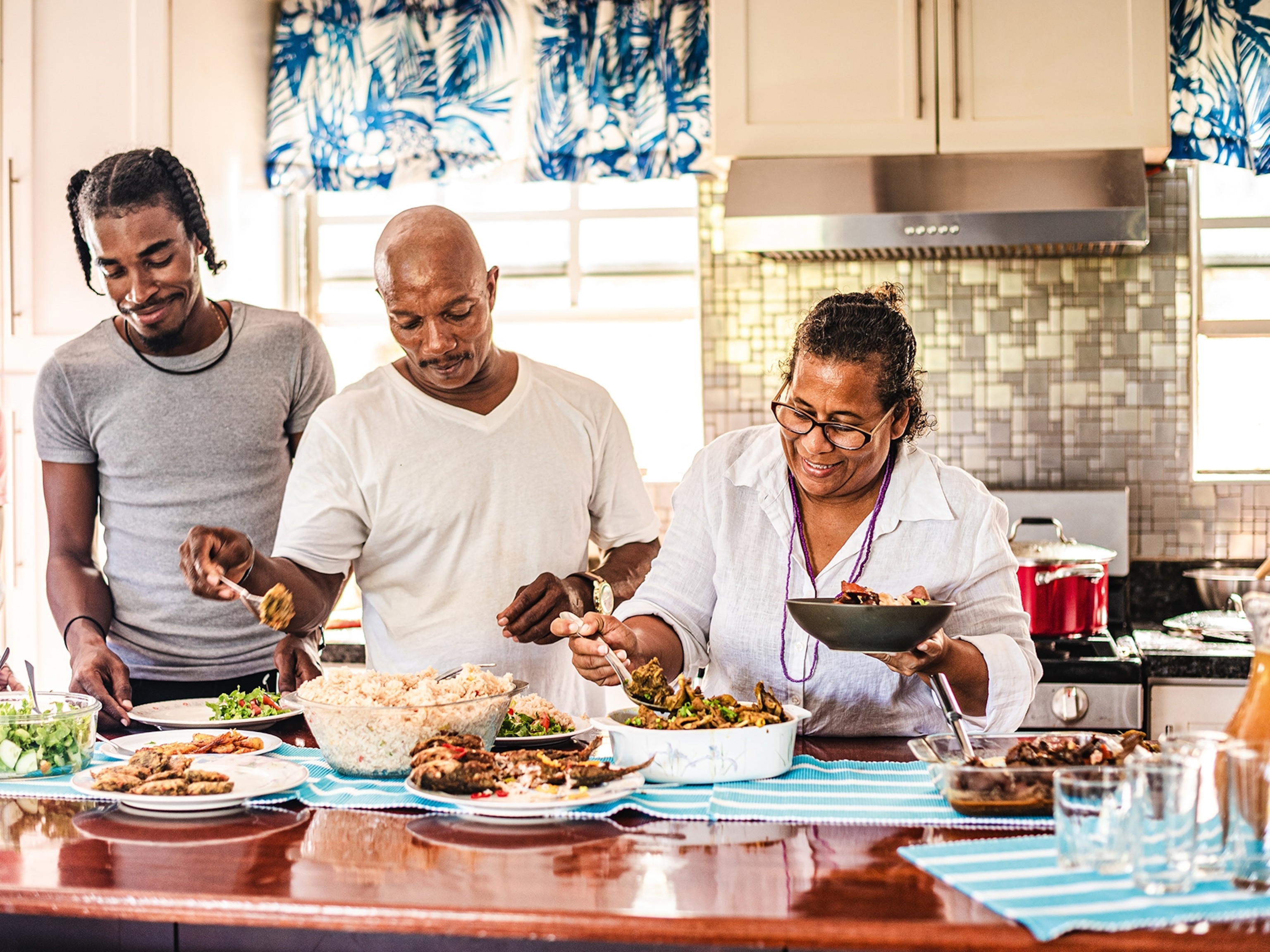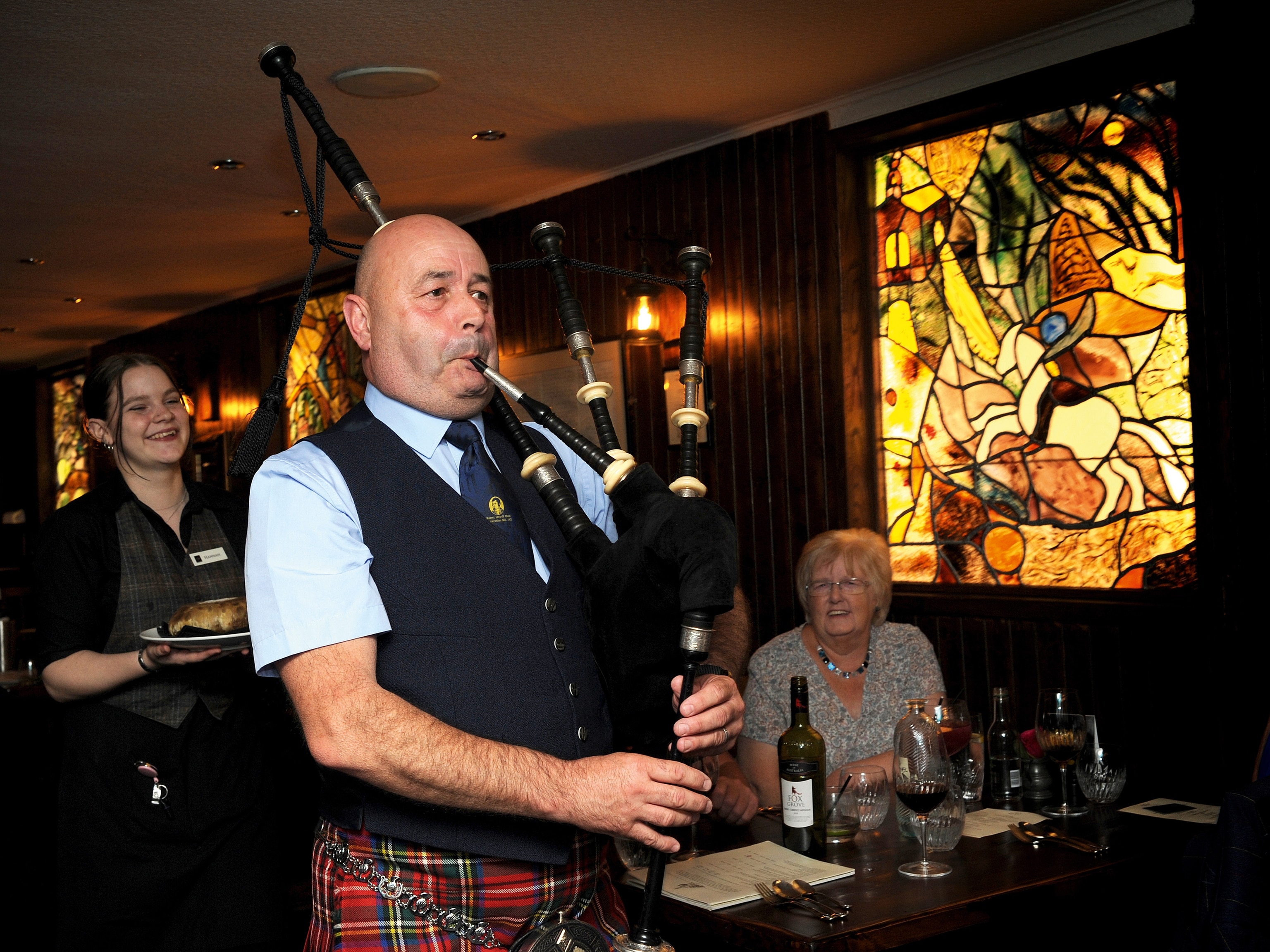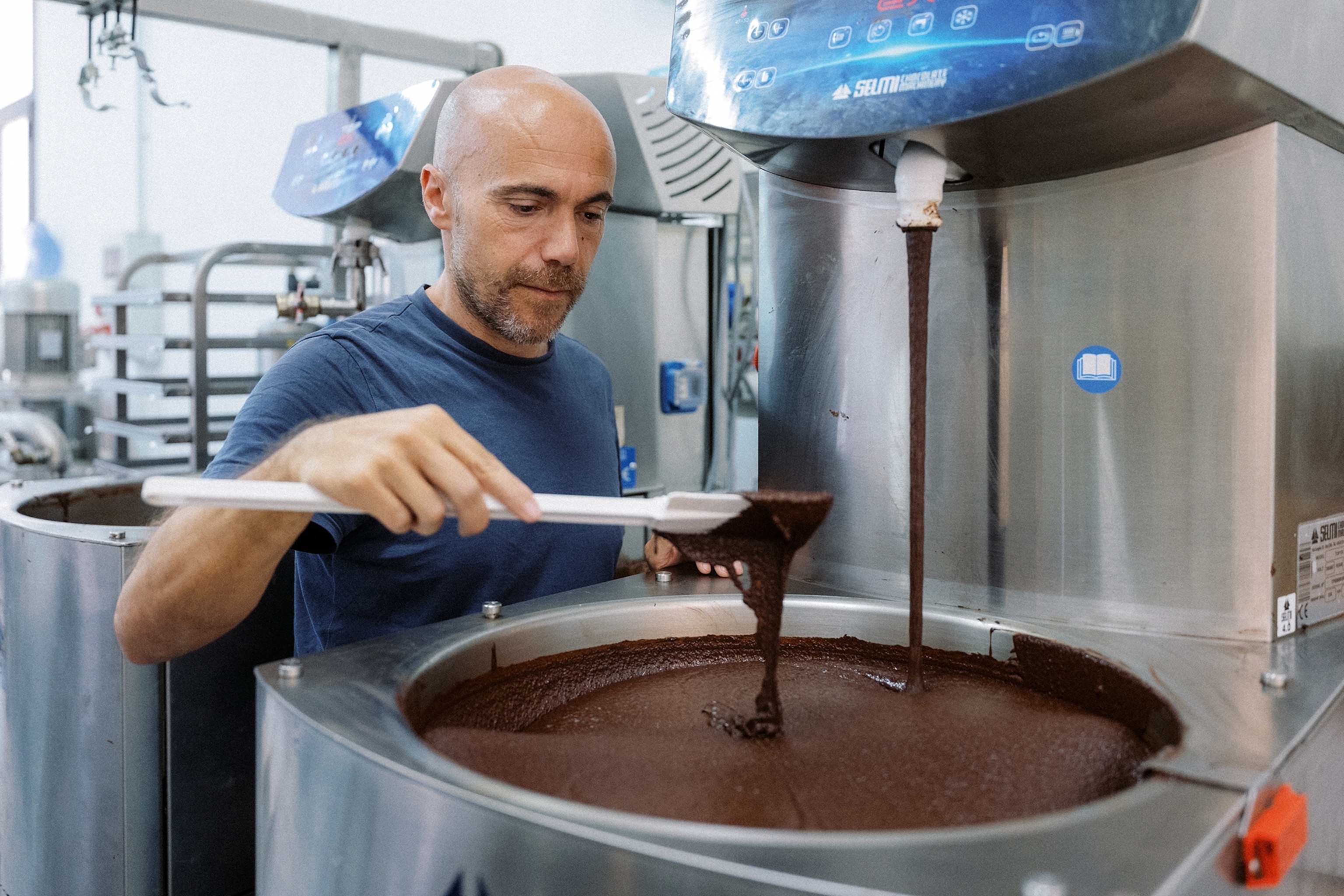
How chocolate went from rough to refined in one Sicilian town
After moving to Sicily for a simpler life, former investment banker Simone Sabaini helped to reinvent Modica’s sweet scene.
“I never liked Modica chocolate. I thought it was just a tourist product with many defects,” says Simone Sabaini. “As soon as I started living here, I understood why I didn’t like it and set about trying to make it better.”
Modica’s crumbly, grainy chocolate isn’t to everyone’s taste. When the Spanish brought cocoa beans to Sicily during their 500-year occupation, they combined them with sugar to make a rustic bar using a technique learned from the Aztecs. Despite smoother varieties becoming more popular elsewhere in Europe, chocolate-makers in Modica stuck to their guns, producing chocolate at cooler temperatures and eschewing cocoa butter. But Simone saw an opportunity to shake things up.
The Verona-born former investment banker decamped to Modica in 2008 in search of a different pace of life. Inspired to try making chocolate, he used organic Ecuadorian cocoa beans, and ingredients from Fairtrade and Slow Food producers. “As well as buying better-quality beans, I stopped using white sugar and processed the chocolate for longer, at an even lower temperature, which made it taste better and gave it a longer shelf life,” he says. The result was a smoother Modica chocolate.
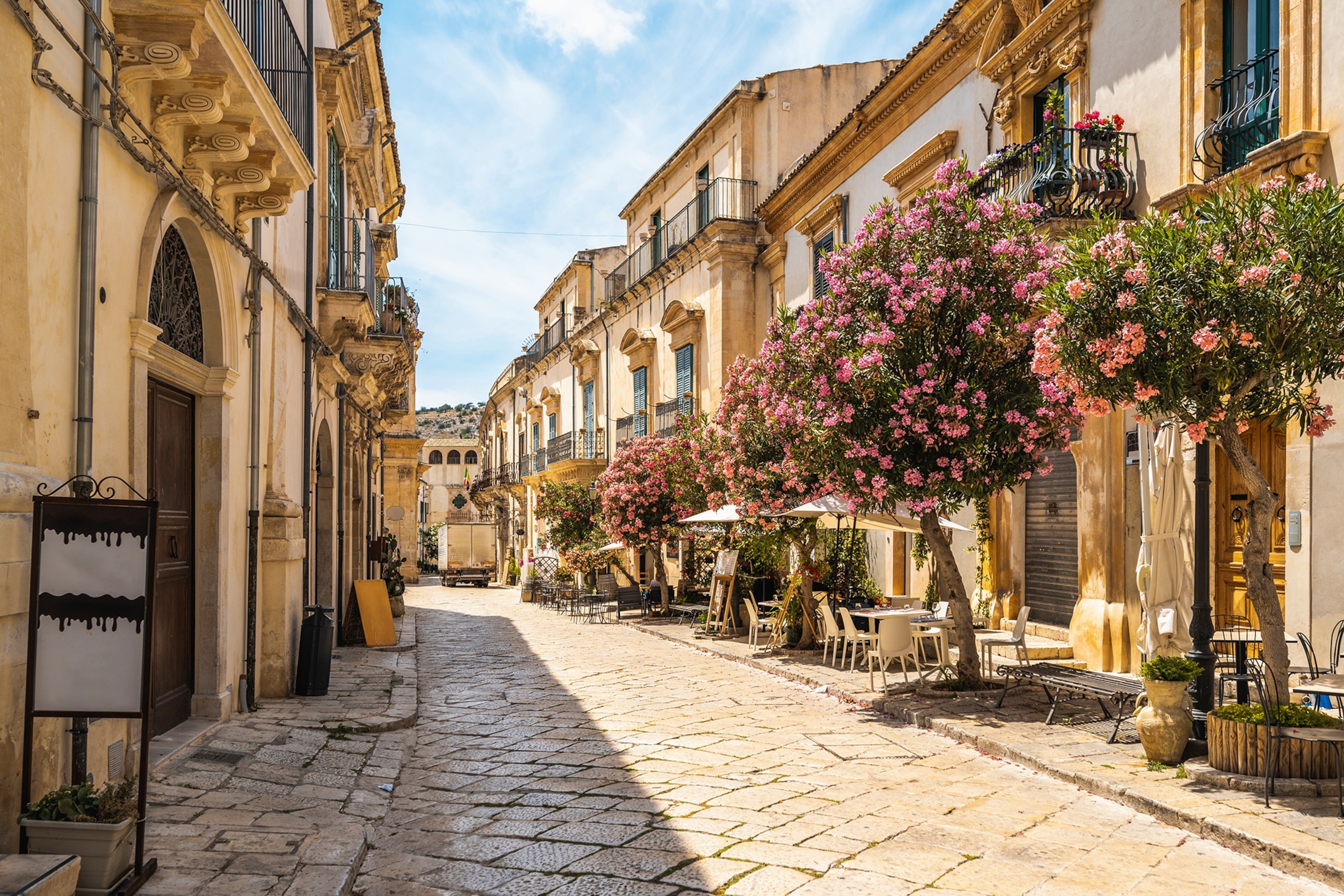
In 2011, he opened his first chocolate shop, Sabadì, next to San Giorgio Cathedral, and the following year, it was awarded Best Modica Chocolate by the Compagnia del Cioccolato, a national association of chocolate enthusiasts. It’s scooped the award every year since, and now Simone’s shop has become an essential stop in this city famed for its chocolate. His creations include a 60% cocoa chocolate laced with mandarin zest; a gently spicy, aged 75% cocoa bar with Sichuan pepper; and a superfood range made with bee pollen and acai berries.
In 2018, Modica chocolate became the first variety in Europe to gain Protected Geographical Indication (PGI) status. And today, the Sabadì range includes nine chocolate bars, with flavours ranging from Sicilian red orange to cinnamon, which comply with the strict rules of Modica chocolate’s PGI.
Recently, Simone moved production to a facility on the edge of town, where he offers tours. In 2021, he opened Bar Sabadì in the gardens of San Giorgio, and a B&B, Le Stanze del Cioccolato. His success has prompted other producers to up their game. “By innovating, I forced them to change,” says Simone. “Anyway, it’s not about me, it’s about Modica chocolate, which bears the name of the town I love.”
To subscribe to National Geographic Traveller (UK) magazine click here. (Available in select countries only).

